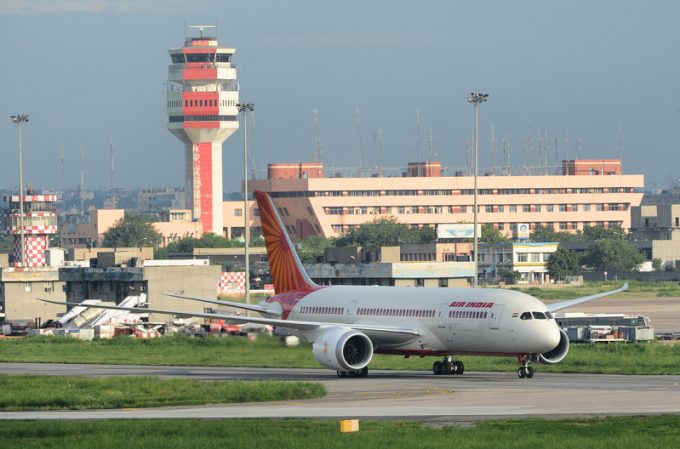'Everyone must be onboard' if IATA's OneRecord is to work
IATA’s OneRecord will benefit the air cargo industry, but only if everyone is on board, ...

Foreign airlines operating out of India are in the crosshairs of its regulatory authorities over alleged evasion of indirect federal taxes, raising industry eyebrows.
According to sources, most top carriers – anecdotally as many as 10 or more – have been asked to show why they had failed to comply with India’s national Goods and Services Tax (GST) rules that came into effect in July 2017. Sources put the combined tax demand at some $1.2bn.
Airlines ...
Semiconductors could compensate for air freight's lost ecommerce traffic
'It’s healthy competition' Maersk tells forwarders bidding for same business
Transpacific sees first major MSC blanks as rates fall and volumes falter
'Weakened' Maersk paying a heavy price for its lack of fleet growth
US shippers slam USTR port fee plan – 'an apocalypse for trade'
Opposition builds for final hearing on US plan to tax Chinese box ship calls
Despite sourcing shifts, 'don't write-off China', says CMA CGM CCO
Calling all shippers!
Please give us a minute of your time to answer the following questions:

Comment on this article